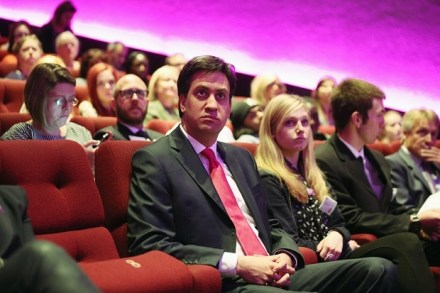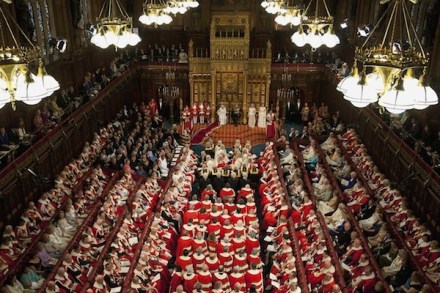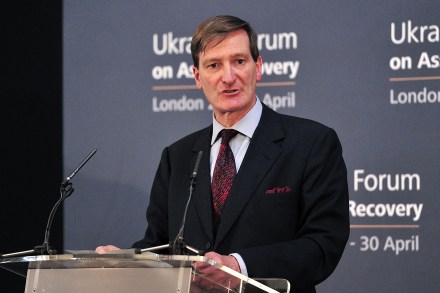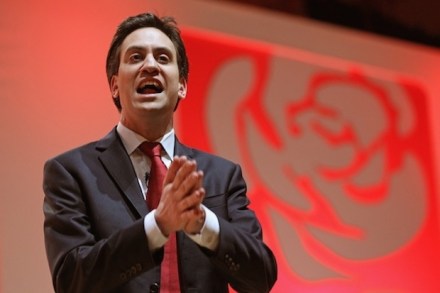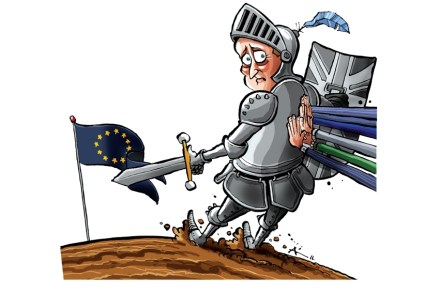Podcast: The lure of the crowd, anti-Semitism and Cameron’s uncertain future
Hell, as one of Jean-Paul Sartre’s characters said, is other people. Unless, that is, you happen to be British and born after about 1980, in which case hell is the opposite: being alone for more than about five minutes. In this week’s View from 22 podcast, Ross Clark looks at the rise of crowd culture. We have succumbed to the lure of the crowd, he says. Lara Prendergast suggests social media is to blame. In this week’s Spectator, Melanie Phillips argues that anti-Israel protests over the Gaza war have convulsed Europe in the worst scenes of open Jew-hatred since the 1930s. The silence from the political class in the face





